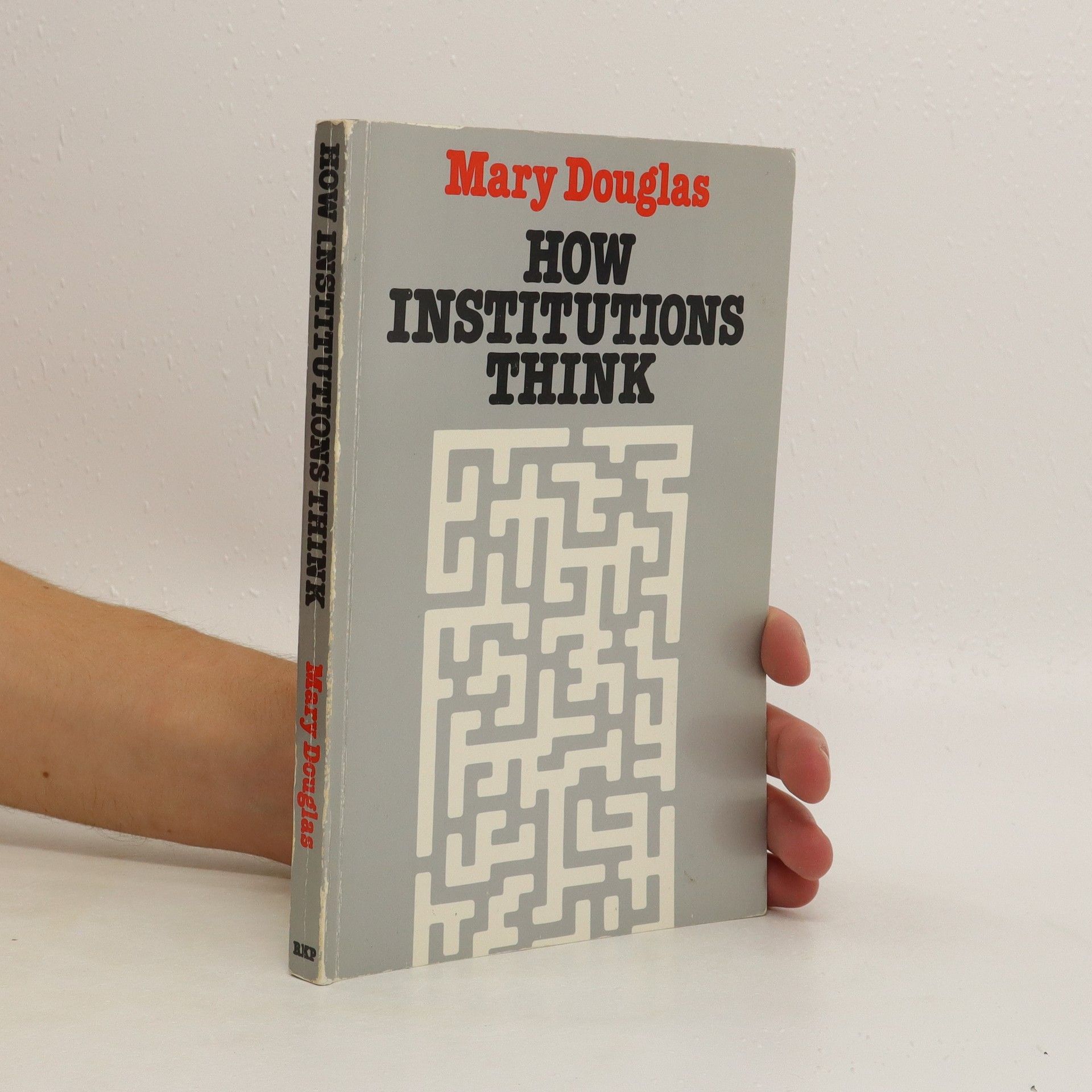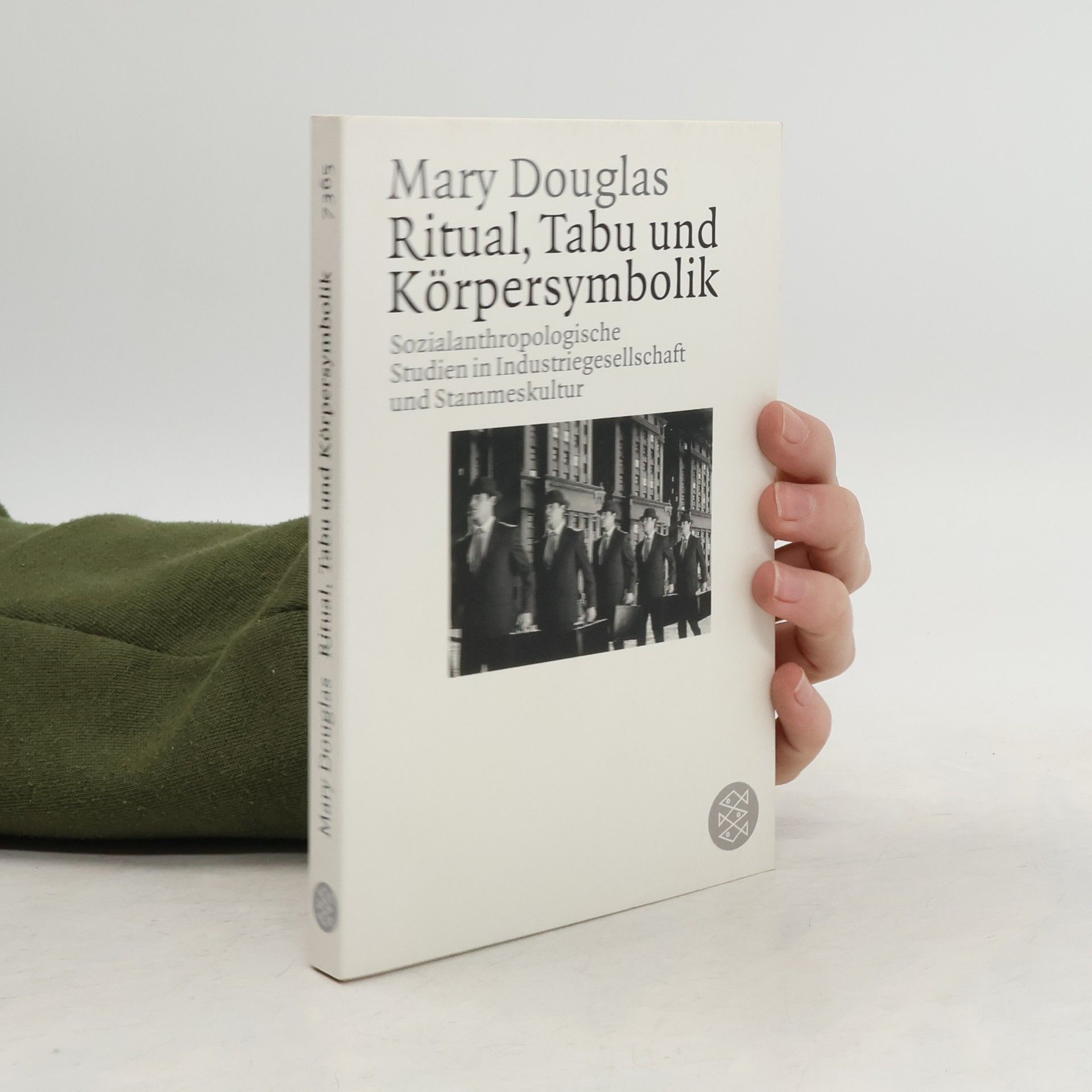»Reinheit und Gefährdung« ist eine der anregendsten und wichtigsten Publikationen der neueren Religionssoziologie und Ethnologie. Anhand anschaulicher Beispiele aus der jüdisch-christlichen Vergangenheit und aus zeitgenössischen außereuropäischen Stammesgesellschaften weist die Autorin nach, daß die Reinheitsrituale und Tabuvorstellungen anderer Völker, die unserer moderner Welt- und Lebensauffassung fremd zu sein scheinen, einen Grundgedanken enthalten, der auch unseren profanen Maßnahmen gegen Schmutz und Unordnung zugrunde liegt: sie sollen die soziale Umgebung organisieren helfen und eine einheitliche, geordnete Erfahrung ermöglichen.
Mary Douglas Bücher






In diesem Buch wird die Rolle nationaler Währungen im Kontext mobiler Gelder und neuer Zahlungsmethoden untersucht. Mary Douglas bietet eine historische Perspektive auf Geld und Tokens, die die sozialen Anforderungen und die Identität der Menschen reflektieren. Ihre Analysen basieren auf Beobachtungen aus Westafrika und dem Nachkriegsbritannien.
Reinheit und Gefährdung
Eine Studie zu Vorstellungen von Verunreinigung und Tabu
- 242 Seiten
- 9 Lesestunden
Do institutions think? If so, how do they do it and what thoughts occupy these suprapersonal minds? Mary Douglas delves into these questions as she lays the groundwork for a theory of institutions.
The Healing Bond
The Patient-Practitioner Relationship and Therapeutic Responsibility
- 256 Seiten
- 9 Lesestunden
This book combines the expertise of practitioners and researchers to address the wide range of debates currently taking place in relation to the politics of the practitioner-client relationship.
Weaving a creative path through the seasons, Entertaining with Longaberger provides inspiration, ideas, recipes, projects, and helpful hints for making holiday events and everyday things just a bit more special for your friends and family.
Focusing on the construction of meaning, this anthology showcases Mary Douglas' efforts to blend anthropological insights with modern philosophical thought. It features influential works by thinkers like Wittgenstein, Schutz, and Husserl, exploring themes such as hidden assumptions, tacit conventions, and the impact of spatial organization on language. By integrating philosophical perspectives on everyday language with anthropological theories of knowledge, the collection offers a unique examination of how meaning is shaped in contemporary society.



